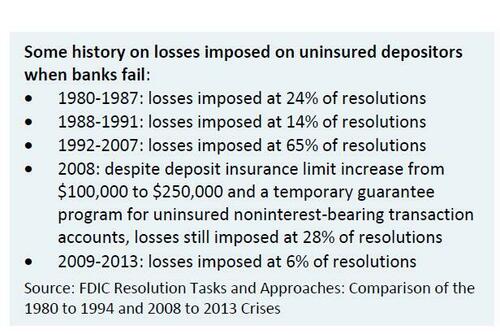FIREd_2015
Recycles dryer sheets
The contagion appears to be spreading. There is a run on First Republic Bank in California. If the Feds don't do something this could get ugly pretty fast.
https://offgridsurvival.com/banking-crisis-spreads-run-on-first-republic-bank-in-california/
https://offgridsurvival.com/banking-crisis-spreads-run-on-first-republic-bank-in-california/


